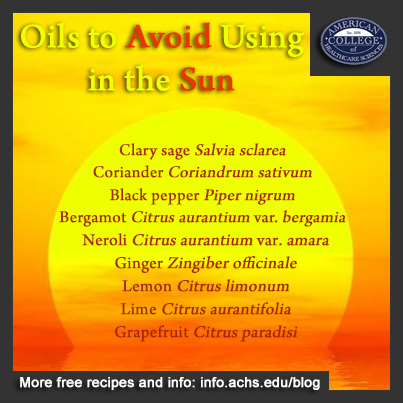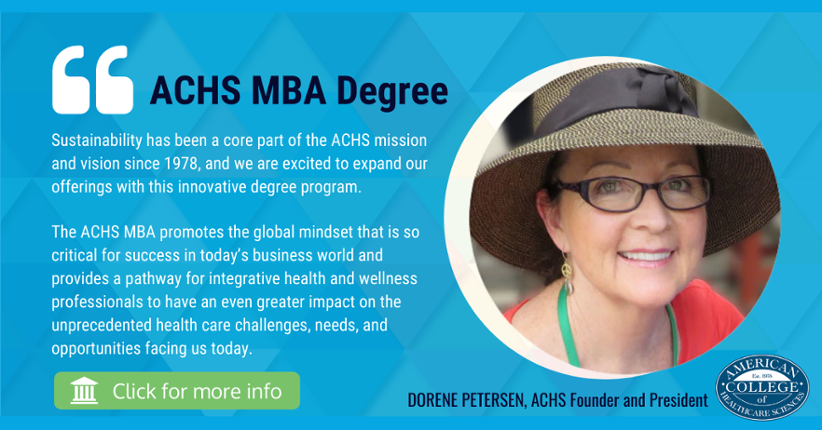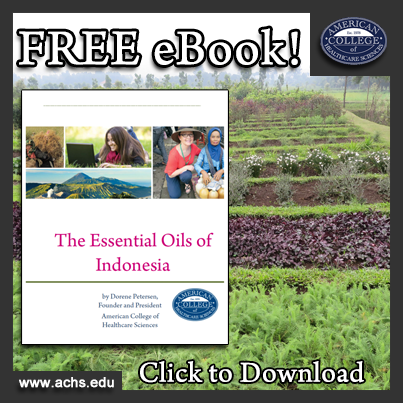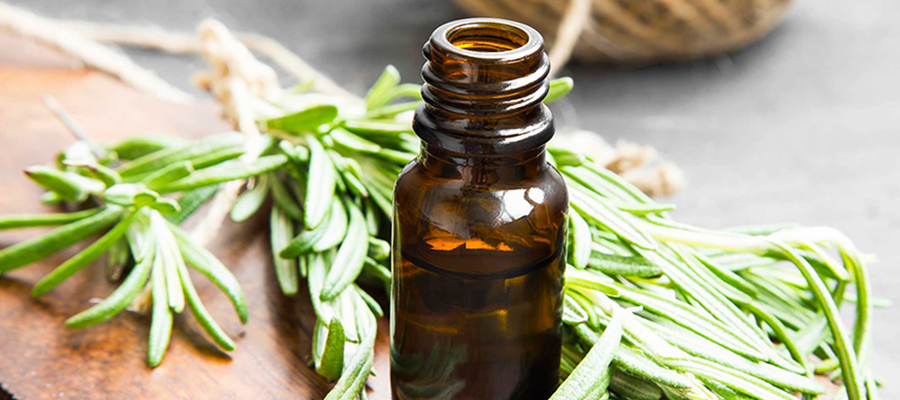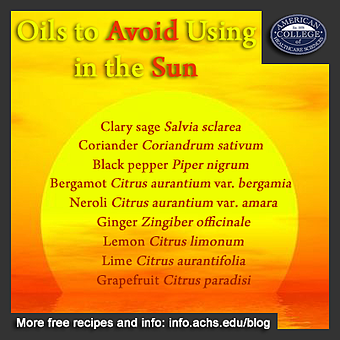
 Yes, I know it’s February. So why am I blogging about sunscreen when many of us in the chillier climates have been wearing down coats and knit caps since November 1? If you haven’t noticed the high traffic around the airports and southbound interstate lanes, you should know that it’s officially tourist (or snowbird!) season for many tropical locales around the globe. Planning to bronze-up on a white sandy beach in Puerto Rico or Bali this winter? While you’re making your list of vacay-necessities (e.g. the teeny-bikini or your best board shorts), I’d like to debunk a few terrible beliefs about sunscreen, and then offer you the three best tips for fun in the sun.
Yes, I know it’s February. So why am I blogging about sunscreen when many of us in the chillier climates have been wearing down coats and knit caps since November 1? If you haven’t noticed the high traffic around the airports and southbound interstate lanes, you should know that it’s officially tourist (or snowbird!) season for many tropical locales around the globe. Planning to bronze-up on a white sandy beach in Puerto Rico or Bali this winter? While you’re making your list of vacay-necessities (e.g. the teeny-bikini or your best board shorts), I’d like to debunk a few terrible beliefs about sunscreen, and then offer you the three best tips for fun in the sun.
1. “Any Brand of Sunscreen is Fine as Long as the SPF is High”
What’s in a name? Potentially toxic metals! Did you know that many popular sunscreen products—as well as other skincare products such as whitening toothpaste, eyeliner, and makeup—have been found to contain harmful metals like lead?![1] Lead is neurotoxic and has been associated with nerve damage, hypertension, reproductive issues, behavioral issues, and many other extreme health problems.[2] The Environmental Working Group has a fantastic resource for locating the least toxic products available here, so you can know exactly what you’re putting on your skin!
2. “Never Go Outside Without Sunscreen”
This is generally good advice, since I would never suggest going unprotected in the sun for long periods of time. Sunburn and skin damage is NO joke! However, the sun does stimulate our bodies’ vitamin D production, and this can be inhibited by sunscreen. 5-10 minutes of sun exposure without sunscreen can actually help your body produce vitamin D, an essential vitamin for your immune system and healthy cell production.[3] For the rest of your time outside, however, please slop on that SPF!
3. “If You Have Dark Skin, You Don’t Need Sunscreen”
False. While darker skin burns less easily, sun exposure causes skin cancer, period. Anyone can develop skin cancer from the sun, so don’t go unprotected! I am reminded of the first trip to Hawaii I took with my now husband. He’s from Ethiopia, so while I was “slip, slop, slapping” sunscreen all over my lily-white Scottish-heritage skin, he was laughing at me. But he wasn’t laughing two days later when his entire head started peeling like a lizard! Don’t learn his lesson the hard way!
4. “Sunscreen Causes Cancer, So You’re OK Going Without”
Just because some sunscreens contain toxic chemicals that have been linked to higher cancer rates does NOT mean sunscreen is optional. There are many options out there for you to choose the healthiest skin care products. There’s no reason to leave your skin unprotected and susceptible to skin cancer.
There are two kinds of sunscreen products: chemical absorbers and physical blockers (mineral based).[4] Chemical based sunscreens are among the most popular, but contain many unsavory chemical ingredients such as octinoxate, oxybenzone (a form of benzophenone), and avobenzone.[5]Avobenzone is a chemical thought to produce free radicals (healthy cell killing atoms). This chemical absorbs UV radiation energy and turns the light energy to chemical energy, subsequently releasing that energy as free radicals in your body. [6] Physical blockers—sunscreens containing zinc oxide and titanium oxide—have not only been shown to be more effective against blocking harmful UVA and UVB rays, but do not contain the same toxins as the chemical absorbing sunscreens.[7]
5. “You Can Mix Your Favorite Essential Oils into Sunscreen!”
Wrong! While some essential oils are fine to use outside in the sun, there are a few oils that should never be applied to the skin and then exposed to sunlight. These are called “photosensitive” or “phototoxic” essential oils. These oils usually contain furocoumarins, which are the culprit. Using a photosensitive oil and then going in the sun can increase the chances of skin cancer (yikes!).
I had a very nasty personal experience with photosensitivity when I used a Lancome skin cream containing bergamot Citrus aurantium (L.) var. bergamia essential oil while in France. After a trip to one of the lavender farms, despite having sunscreen on, I developed this totally-gross-thickened-skin-rash-horror on my hands due to a photosensitization reaction. I had to wear gloves the rest of the trip like some sort of 19th century madam! (We were on one of our super fun study abroad programs at the American College. This year we’re going to Bali! #ILoveMyJob)
So the next time you want to add an essential oil to your sun lotion or any body lotion, be sure to avoid this list of popular photosensitive essential oils (also listed in our graphic above!):
- Clary sage Salvia sclarea (L.)
- Coriander Coriandrum sativum (L.)
- Black pepper Piper nigrum (L.)
- Bergamot Citrus aurantium (L.) var. bergamia
- Neroli Citrus aurantium (L.) var. amara
- Ginger Zingiber officinale (Roscoe)
- Lemon Citrus limonum (Risso)
- Lime Citrus aurantifolia (Christm.)
- Grapefruit Citrus paradisi (Macfad.)
So what are the THREE BEST pieces of advice to protect yourself from sunburn?
- Slip on a shirt! If I’m in an area with fierce sun—like New Zealand or Ethiopia—I’ll use one of those nifty shirts from REI that has an SPF rating!
- Slop on a zinc oxide-based PABA free sunscreen. It’s expensive, but worth every penny.
- Slap on a hat! I have tons of hats. They are simply the best way to keep the sun out of your eyes and off your face! The wider the brim the better. And you get to look like a glamorous movie star too! Win win!
Slip, Slop, Slap is a campaign from my childhood in New Zealand, where the serious lack of ozone can result in a sunburn in just a few minutes! It’s a good line, as I still remember it!
How do you protect your skin from the sun’s harmful rays? Leave a comment and let me know!
Interested in learning more about health, wellness, and natural organic products? Check out the American College of Healthcare Sciences’ accredited online programs in holistic health!
This article is for informational purposes only. It is not intended to treat, diagnose, cure, or prevent disease. This article has not been reviewed by the FDA. Always consult with your primary care physician or naturopathic doctor before making any significant changes to your health and wellness routine.
[1] Lead and Other Heavy Metals (2011). Retrieved from http://safecosmetics.org/article.php?id=292
[2] Human health and lead (2013). Retrieved from http://www.epa.gov/superfund/lead/health.htm
[3] Vitamin D (2013). Retrieved from http://www.nlm.nih.gov/medlineplus/ency/article/002405.htm
[4] Allison, R. (2012, April 27). Is your sunscreen doing more harm than good? Skin Inc. Retrieved from http://www.skininc.com/treatments/suncare/149258055.html?page=3
[6] Allison, R sites these sources for this information: 1. Schlumpf M., et. al, Endocrine activity and developmental toxicity of cosmetic UV filters—an update. Toxicology 2004, 205, 113–122. 2. Allen JM, Gossett CJ, Allen SK. 1996. Photochemical formation of singlet molecular oxygen in illuminated aqueous solutions of several commercially available sunscreen active ingredients. Chemical Research in Toxicology 9(3): 605-609. 3. KM Hanson, E Gratton, CJ Bardeen. (2006). Sunscreen enhancement of UV-induced reactive oxygen species in the skin. Free Radic Biol Med, 142, 1205–1212. 4. Serpone N., et al (2002). An in vitro systematic spectroscopic examination of the photostabilities of a random set of commercial sunscreen lotions and their chemical UVB/UVA active agents. Photochem Photobiol Sci, 12, 970-981.
[7] Allison, R. (2012, April 27). Is your sunscreen doing more harm than good? Skin Inc. Retrieved from http://www.skininc.com/treatments/suncare/149258055.html?page=3

